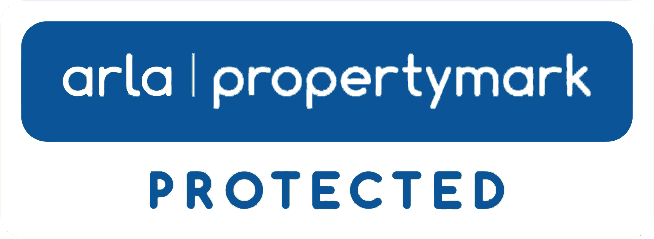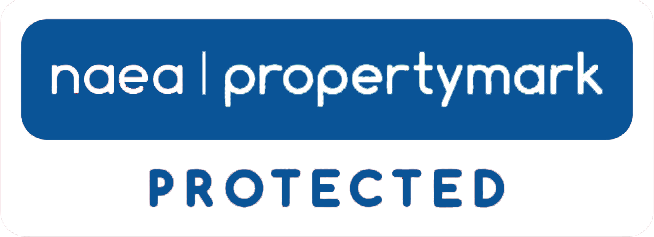
Embarking on the journey of becoming a landlord is an exciting venture, but it comes with a set of responsibilities and costs. The rental market in the UK is robust, with one in five households privately rented, presenting a promising opportunity for investment.
Explore our comprehensive guide to gain insights into the essential aspects of becoming a landlord, ensuring you are well-informed before embarking on this venture.
Here are 10 essential things every prospective buy-to-let investor should know before diving into the world of property investment:
Do the Math: Crunch all the necessary numbers to determine expected profits. Consider factors such as stamp duty, solicitors' fees, mortgage payments, agency fees, and maintenance costs. Be prepared for times when the property might be vacant.
Understand the Tax: Rental income is added to other relevant income during the financial tax year. Declare this income on a Self Assessment tax return. Certain expenses can be claimed to offset against rental income, and there are changes in tax relief on mortgage interest.
Location Matters: Ensure your investment property is in a desirable area to ensure consistent rental demand. Base your decision on market demand rather than personal preferences.
Choose Your Rental Wisely: Opt for a property that aligns with market preferences. Consider features like ample space, equal-sized bedrooms, storage, and a decent garden, depending on the target market.
Get Mortgage Advice: Utilize the services of a broker when seeking a buy-to-let mortgage. Many brokers offer free services, so avoid unnecessary costs.
Tenancy Deposit Scheme: Legally, landlords must keep a deposit in an approved scheme. Failure to comply can result in legal proceedings and fines.
Extra Obligations: Obtain an energy-performance certificate and ensure gas and electrical equipment are checked annually. Provide tenants with the latest version of the government's How To Rent Guide.
Using a Letting Agent: Choosing the right tenants is crucial. Tenant find and rent collection fees typically cost 8-12% of the monthly rent. Choose a reputable letting agent and be aware of changes in fees due to new regulations.
Going It Alone: If you choose to manage everything yourself, advertise on platforms like spareroom.co.uk. Conduct credit checks, get proof of income, and ask for references.
Get Covered: Standard home buildings insurance may not cover tenanted properties. Inform your insurer about tenants and consider additional coverage such as landlords' liability and loss of rent cover.
Navigating the buy-to-let landscape requires careful consideration and adherence to legal and financial obligations. With thorough research and strategic planning, becoming a successful landlord is an achievable goal
Sourced from Saga








